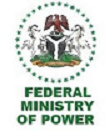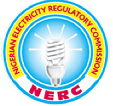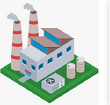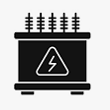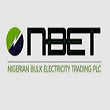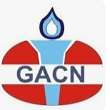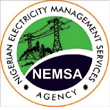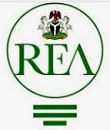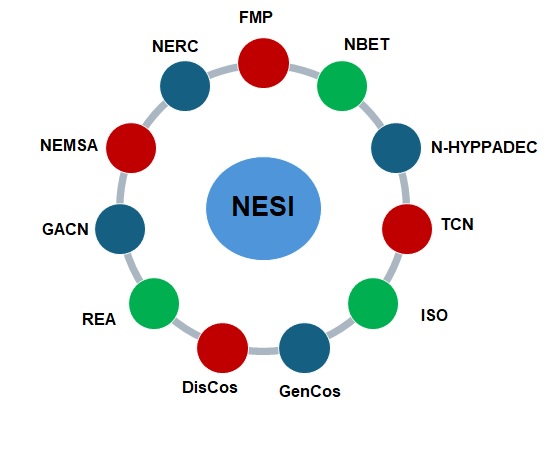Distribution Code Introduction
The Electric Power Sector Reform Act, 2005 (known as the Act) legally supported the restructuring of Nigeria's Power Sector. This Act mandated the separation of the Generation, Transmission, and Distribution sectors. However, the Electric Power Sector Reform Act, 2005 has been replaced by the Electricity Act, 2023. The new Electricity Act extends the scope of electricity generation, transmission, and distribution to state governments and interested individuals, beyond the 11 existing distribution companies.
The Distribution Code, or D Code, applies to the Distribution Sector of the Nigerian Electricity Supply Industry. It covers the networks ranging from 230V to 33kV.
Purpose of the Distribution Code:
(i) Ensure efficient electricity usage for all Distribution Network Users without discrimination.
(ii) Promote competition in electricity generation and supply.
The Distribution Code is applicable to all Distribution Companies and Users of the Distribution Networks in Nigeria, and all must comply with its provisions.
.
